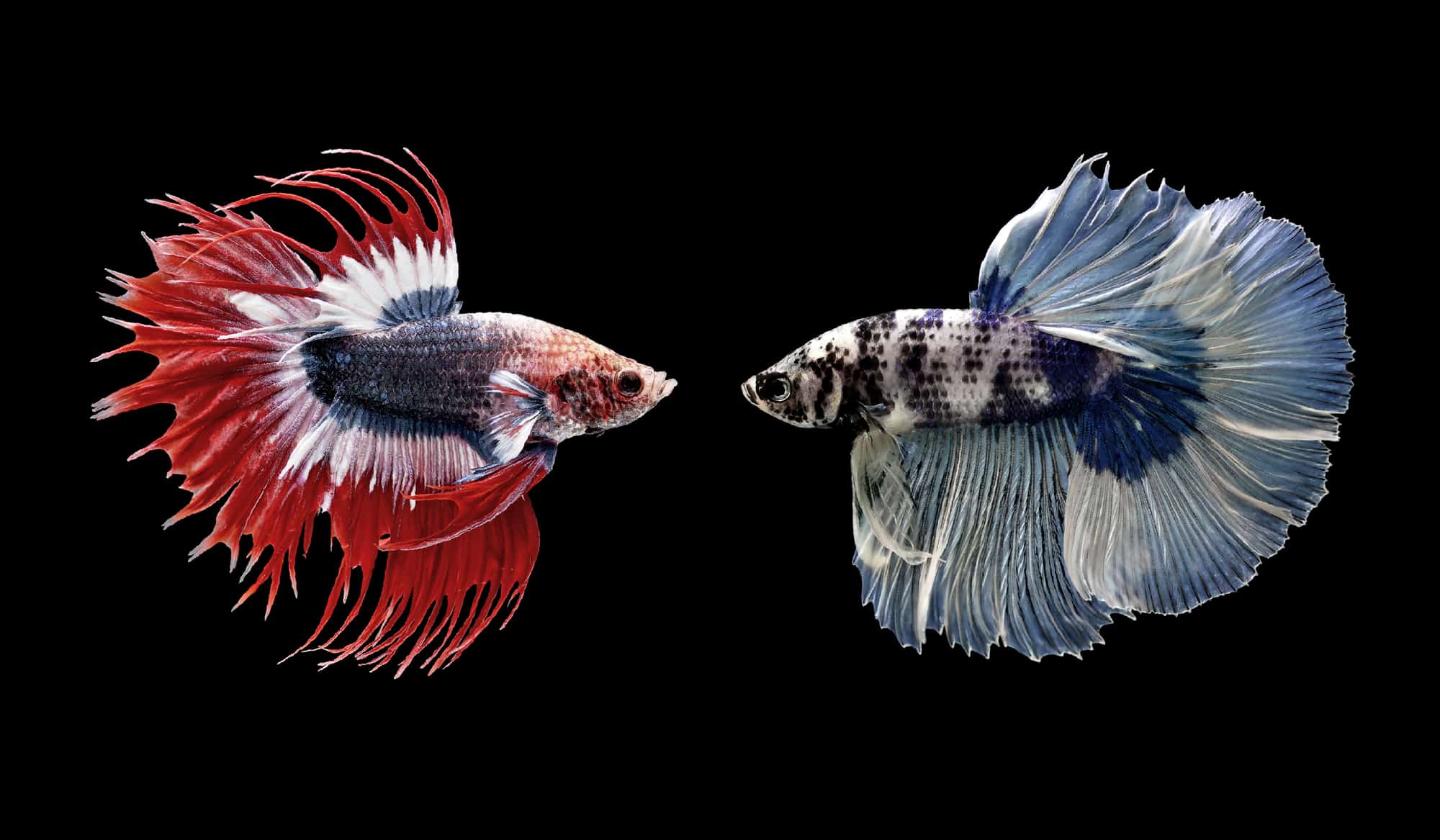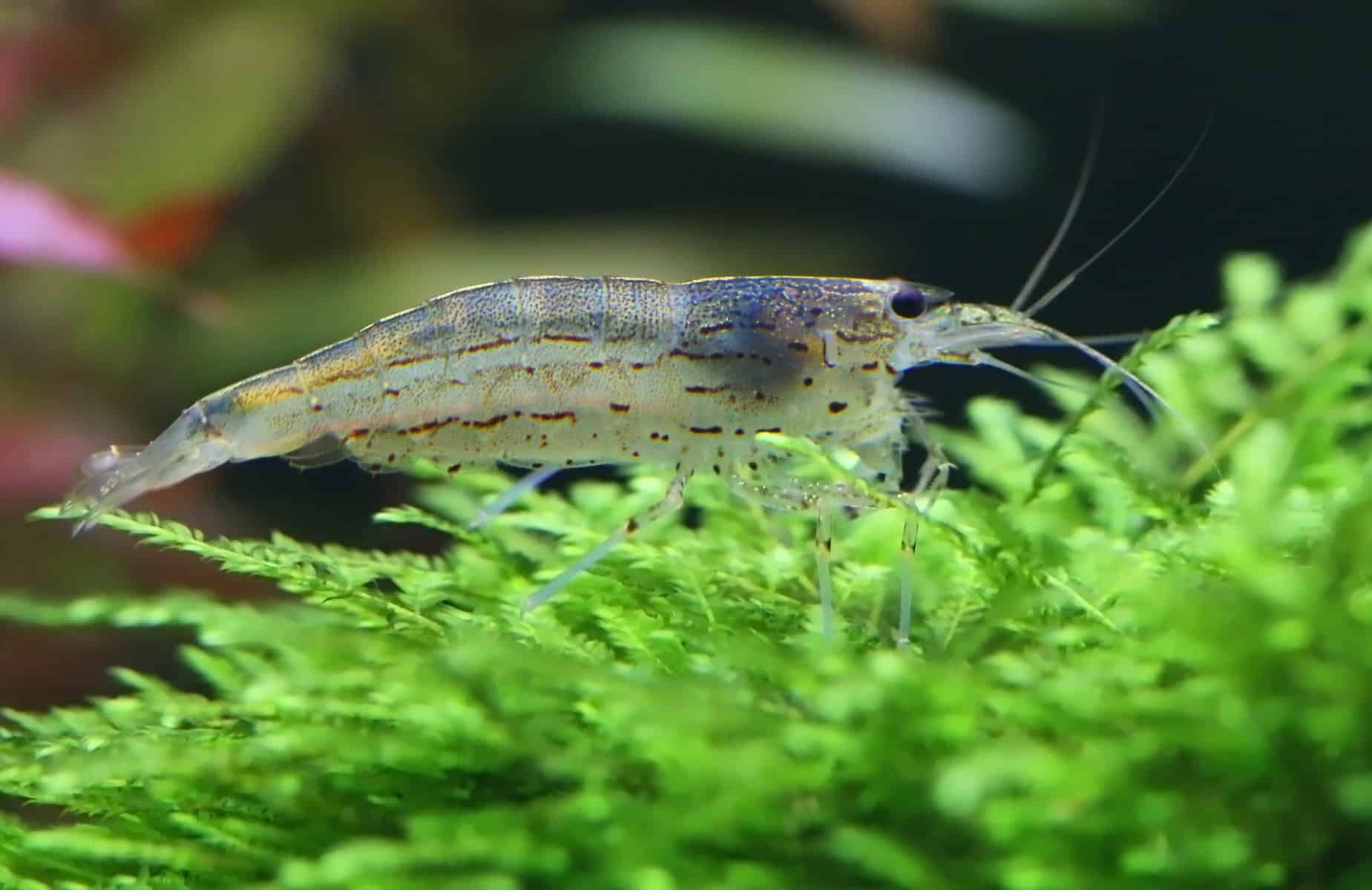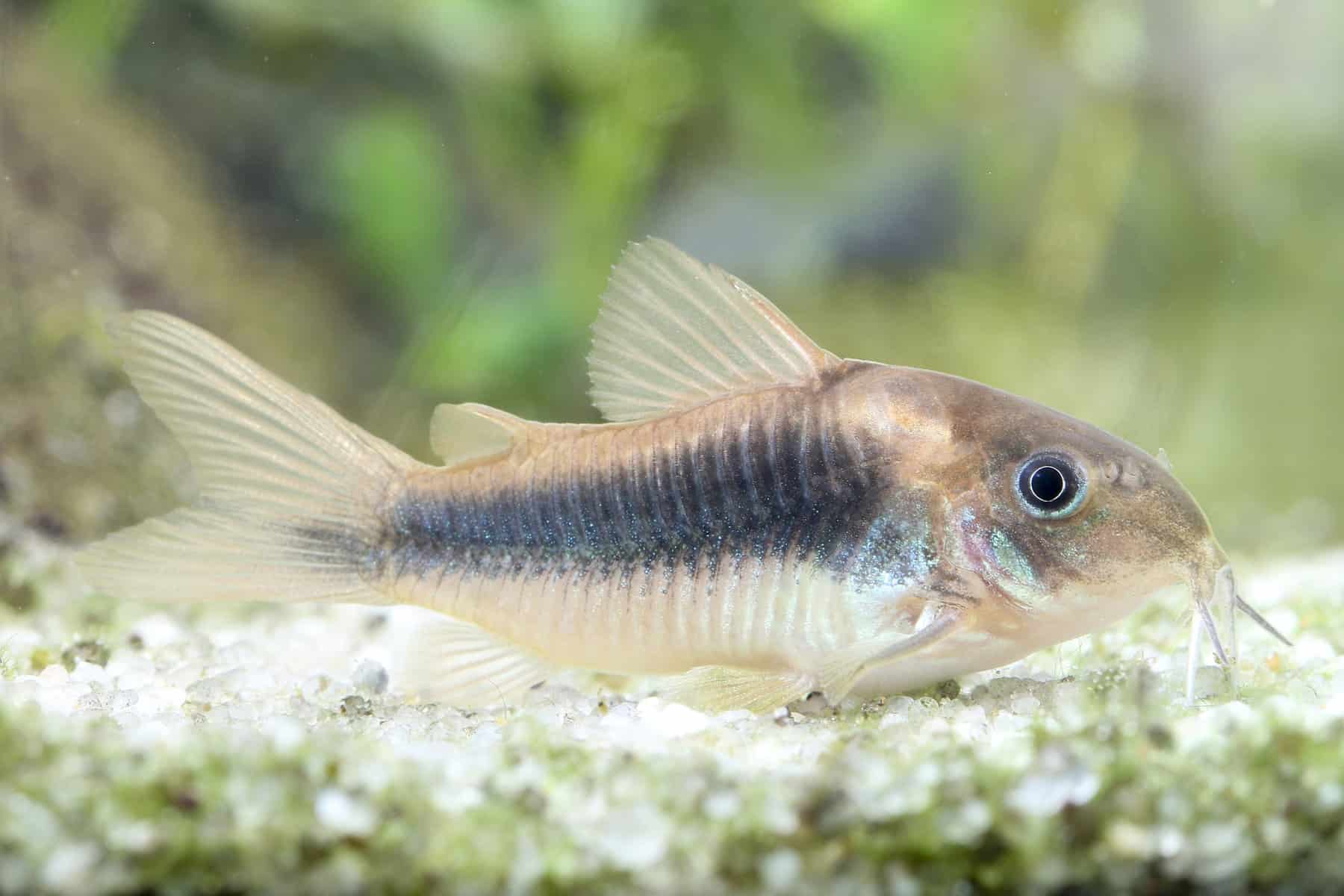For a fish named after the art of fighting, you might be wondering if Siamese fighting fish (Betta splendens) fight. The answer is yes; they do fight. Bettas are an aggressive species that can be very territorial.
If you’re wondering how to keep your betta fish from fighting, it’s important to know the signs of aggression, especially if you plan on keeping your betta in a community tank.
Read on to find out everything you need to know about betta fish fights.
The History of Betta Fish
In order to understand the behavior of your betta fish, first, you need to understand their origins.
Over 150 years ago, it was believed that wild betta fish were collected from their natural habitat throughout Thailand and Malaysia.
Due to the naturally aggressive nature of this fish species, bettas were eventually used to fight for monetary gain. They were then bred to further express aggression. Male bettas were sought after for their intense colors and enhanced fighting style.
Even the King of Siam, Rama III, participated in fish fights and began requiring licenses to own and fight these types of fish.
Some of the king’s most prized bettas were given to the scientist Theodore Edward Cantor, who originally identified them as Macropodus pugnax.
Due to overlapping names, the species was soon renamed by Charles Tate Regan as Betta splendens.
The Betta splendens commonly sold today are the result of decades of selective breeding for color, finnage, and aggression.
How To Recognize a Betta Fish Fight
Lucky for you, it is easy to tell when your betta fish is fighting; hopefully, you will never have to see it!
Male betta fish tend to be more aggressive. They set up territories that they defend with their lives.
When another male betta is introduced into the tank, the original male will start to display warning signs. These warning signs include flaring their gills and spreading out their fins in an attempt to make themselves look like a serious threat.
This will also give the other male a chance to leave before a fight ensues. However, these displays can also occur in response to another stimulus.
Male bettas may prepare themselves to fight if they feel threatened during feeding or when protecting their bubble nest.
It is also believed that other brightly colored fish threaten betta fish, so they will fight with a male that is especially vibrant in color.
These warning signs will soon become physical violence if the threat doesn’t leave. The betta will begin to nip at the fins of the other fish.
If you start to notice pieces of fin missing from one of your fish, red marks across their body, or a sudden change in behavior, it might have been in a fight with your betta.
Both male and female bettas will fight if threatened. Some betta keepers have described female bettas as more aggressive than males!
Do Betta Fish Like To Fight?
It’s unsure whether betta fish like to actually fight. Aggressive betta fish behavior is a natural instinct. They are naturally inclined to protect their territory just like any other animal.
Fighting is generally stressful for fish, so they probably don’t like it. Fighting is just a necessary part of animals instincts and how they live.
Can I Put Male and Female Betta Together?
You can put a male and female together on a short-term basis. However, there are some things you’ll need to consider before you put them in the same tank.
Here are some necessary factors to consider when putting a male and female betta together.
Short Term
If you have separate aquariums, one with a male and one with a female, you can put them together while you clean one of the tanks. Be sure to watch closely for signs of aggression.
If you are planning on breeding them, keep them in separate tanks and introduce them slowly. Once they show signs that they are ready to breed, they can be put together, but they will need to be separated once breeding is finished.
Long Term
Unfortunately, male and female bettas can’t live in a tank together long-term. The male will generally see the female as a threat and become aggressive.
Do Male Betta Fish Fight Females?
While female bettas may not be as aggressive as their male counterparts most of the time, they still aren’t compatible with other females or males.
Male betta fish are bred to fight and may not be able to distinguish a female counterpart from a threat. Male and female pairs often fight, sometimes to the death.
Even during spawning periods, the male may harass the female to the extent of physical exhaustion or disease.
Male and female bettas should only be temporarily put together when both are ready to breed. They should be separated immediately afterward to prevent possible aggression.
Do Betta Fish Fight to Death?
Sometimes betta fish fights aren’t deadly. Fights that don’t result in death happen often in aquariums with lots of hiding places and ample space.
Other times, males will fight until they have injured the other fish, potentially resulting in death. Two males fighting in a tank can definitely result in death. This is part of their natural aggression and breeding.
How Do Betta Fish Kill Each Other?
Betta fish kill each other and other fish by attacking their fins and inflicting open wounds. These open wounds can quickly lead to infection and/or exhaustion.
These fights can last for considerable amounts of time; usually, at least one fish will have died by the time the fight finishes.
If you’re lucky enough to catch signs of aggression before a full-on fight starts, the best thing to do is separate the two fish. It is not recommended to try keeping the two fish together again.
How Do You Stop Your Betta Fish From Fighting Other Fish?
Simply put, there is no way to stop your betta from fighting other fish. Some bettas are less aggressive than others and can successfully be kept with an assortment of tank mates. Other bettas can’t even be safely kept with snails or shrimp.
If you notice that your betta fish is flaring in a tank by itself for unknown reasons, there are ways to diffuse its aggression. These are important behaviors to keep track of. Over-flaring can lead to irritation and infection.
One of the reasons your betta might be flaring is stress. Stress could result from a recent change in scenery, water parameters, or livestock.
Scenery
When transporting a betta from one tank to another, your fish undergo a lot of stress because they have been removed from their comfort zone and placed into new surroundings.
If you notice that your new betta is flaring after this transition, it’s safe to assume that it is due to the transition.
Some hobbyists have also experienced their bettas flaring at their own reflections on the glass. This behavior should subside within a couple of weeks.
Water Parameters
A change in water parameters can also cause your betta stress. Important parameters to watch out for are ammonia, nitrite, pH, and water temperature.
Stability is key for betta health, and sudden swings in water conditions can make your fish act out of character! If your betta begins to flare, make sure to check water conditions and adjust accordingly.
Tankmates
If you think you have a docile betta that would do well in a community tank, the transition can still be rough.
As we mentioned before, this species of fish is extremely protective of its territory. Moving them out of their comfort zone can cause confusion and subsequent aggression. During this time, it is normal to see your betta flaring every once in a while.
Make sure that this behavior does not persist and that there is no fighting. Even if your betta fish seems unproblematic on its own, there is no way to predict how it will act in a community tank setting.
Overall, there is no way to stop your betta fish from fighting; Siamese fighting fish were bred to fight. As long as you pay attention to your fish’s signs, you should have little to no problems.
Other Reasons Betta Fish Fight
Besides their aggressive nature, there are a few other reasons that betta fish fight.
Overcrowding
Bettas can become aggressive due to an overcrowded aquarium. Betta fish need space to thrive and in an overcrowded tank, bettas will feel constantly threatened and need to establish their place in the tank through aggression.
Small Space
Bettas have a wide swimming area in their natural habitat to explore and expend energy. Aggression is sure to happen if you put bettas in an aquarium smaller than they need.
If they don’t have enough space to swim, they can become easily frustrated and start fighting with other fish.
Hunger
Hunger is a source of stress that can make any betta aggressive. Bettas are also predatory fish, and they hunt when hungry. When their predatory nature is triggered, they hunt actively and will fight other fish for food.
Illness
If bettas are ill or injured, they are more likely to fight. When they are ill or injured, they become vulnerable and display aggression to prevent appearing weak to other tankmates.
Protecting Their Nests
After breeding, males guard their bubble nests until they hatch. Betta eggs are a treat for other fish. If another fish attempts to try to eat the eggs, a betta male will fight to the death to save them.
Top Betta Fish Tank Mates
If you’re thinking about trying to keep other tankmates with your betta fish, it is best to pick out the ones that have proven successful for other hobbyists.
In order to keep betta fish with other fish tank mates, starting out with at least a 15-gallon (56.8 L) aquarium is best.
Here are some of our top betta fish tank mates:
Snails
Snails are always a good option for any fish tank. They clean the glass and substrate, have colorful shells, and bring some extra excitement to the tank.
While they might not be as exciting as a school of tropical tetras, there is little to no chance of your betta fish fighting your snail.
However, if you have an especially hungry or aggressive fish, there are definitely stories of snails becoming quick betta snacks!
Shrimp
Shrimp are good betta fish tankmates, but they are even more likely to get eaten than snails. You shouldn’t have too many problems if you choose larger species.
Shrimp can add lots of color to the tank and help clean up the waste and debris from your betta.
Corydoras
If you have a 20-gallon (75.7 L) aquarium or larger, you may be able to have Corydoras as a tankmate for your betta.
Female Bettas
There is a lot of discussion about whether or not female bettas can be kept with each other in groups. Groups of female bettas are known as harems or sororities.
In general, we find that harems are unsuccessful more often than not, and we don’t recommend putting more than one male and one female together in the same tank.
Conclusion
Betta fish have been bred for decades to express the most beautiful colors and aggressive behaviors, earning them their name of Siamese fighting fish.
There are a few ways to tell when your betta fish is about to fight, but you should never let it get to that point as a responsible fish owner.
If you find that your betta is flaring its gills and fins for no apparent reason, this behavior might be due to stress because of changes in scenery, water parameters, or tankmates.
If you have any questions about the aggression levels of male or female betta fish or have had experience dealing with a particularly grumpy betta, leave a comment below!














